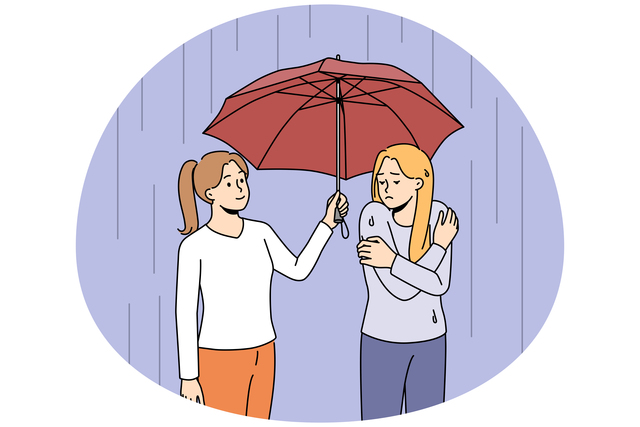Domestic Violence & Protection Order Lawyers
Urgent and compassionate legal assistance for victims of domestic violence. We're here to protect you and your family.

Your Safety Is Our Priority
Domestic violence requires immediate and expert legal intervention. Our experienced Auckland lawyers provide compassionate, confidential support while fiercely protecting your rights and safety.
Domestic Violence Legal Services
Domestic violence is a serious matter requiring immediate and expert legal assistance. Our experienced Auckland domestic violence lawyers provide compassionate support and urgent legal help to protect you and your family.
Our Domestic Violence Services Include:
- Urgent applications for protection orders
- Representation in protection order proceedings
- Advice on responding to protection order applications
- Assistance with breaches of protection orders
- Parenting arrangements in domestic violence situations
- Coordination with support services and agencies
Protection Orders in New Zealand
A protection order is a court order that helps protect people from domestic violence. Understanding the process and your rights is essential for ensuring your safety and the safety of your children.
Types of Protection Orders
Protection orders can be applied for on a 'without notice' basis (temporary order granted immediately without hearing from the respondent) in urgent situations, or 'on notice' (where the respondent has an opportunity to respond before the order is made).
What Protection Orders Cover
Protection orders include non-violence conditions (preventing physical, sexual, and psychological abuse) and non-contact conditions (preventing the respondent from contacting you or coming to your home or workplace). They can also include provisions for the surrender of firearms.
Who Can Be Protected
Protection orders can cover you, your children, and other people in your household. They apply against people in domestic relationships with you, including current or former partners, family members, flatmates, or close personal relationships.
Duration and Enforcement
Once final, protection orders remain in force permanently unless discharged by the court. Breaching a protection order is a criminal offense with serious penalties, including imprisonment.
Our Approach to Domestic Violence Cases
Urgent Response
We prioritize domestic violence cases and provide immediate assistance to ensure your safety and protection.
Compassionate Support
We understand the emotional impact of domestic violence and provide supportive, non-judgmental legal assistance.
Comprehensive Protection
We address all aspects of your situation, including safety, children's arrangements, and property matters.
Coordinated Support
We work with support agencies and services to ensure you have access to all available assistance.
Support for Respondents
We also provide legal advice and representation for respondents to protection order applications, ensuring fair process and appropriate outcomes.
- Clear advice on the implications of protection orders
- Representation in protection order proceedings
- Guidance on compliance with protection orders
Immediate Help
If you are in immediate danger, please call emergency services on 111.
For confidential support and information, you can also contact:
- Family Violence Information Line: 0800 456 450
- Women's Refuge: 0800 REFUGE (733 843)
- Shine Helpline: 0508 744 633
Domestic Violence & Protection Orders FAQs
What is a protection order and how do I get one in New Zealand?
Who can apply for a protection order?
What happens after a protection order is granted?
What should I do if a protection order is breached?
Can a protection order be changed or cancelled?
Speak to a Domestic Violence Lawyer Today
Get urgent legal assistance with domestic violence matters and protection orders.
Free Consultation